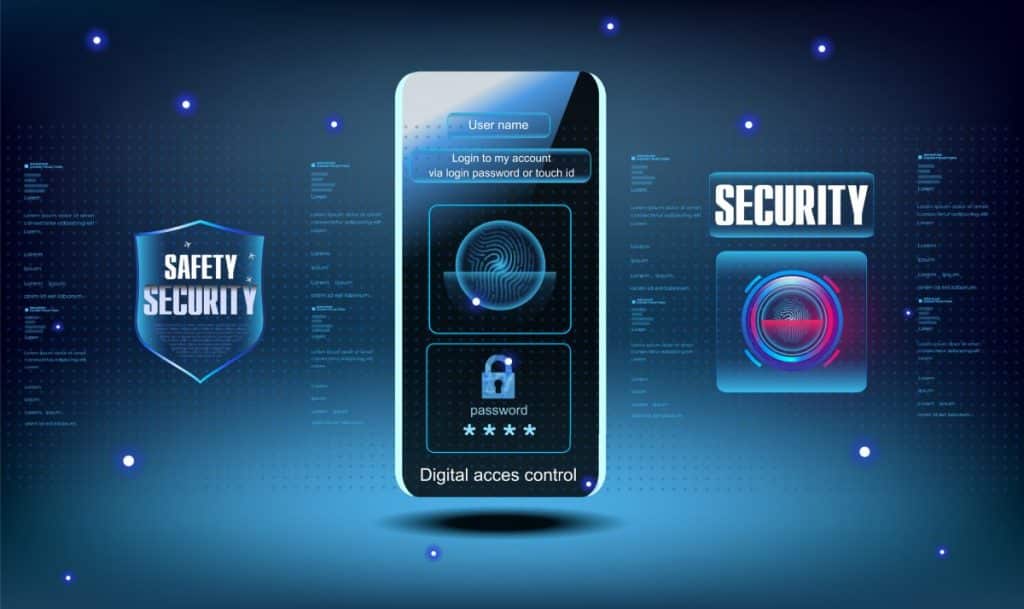Cash App Scam Recovery
There are several types of Cash App scams that you should be aware of to protect yourself from falling victim to them. Here are some of the most common ones:
In this type of scam, you may receive an email, text message, or phone call that appears to be from Cash App, asking you to provide your login credentials or other personal information. The scammers may use this information to access your account and steal your money.
Scammers may create fake customer support accounts on social media or other platforms and offer to help you with your Cash App issues. They may ask you to provide your login credentials or other personal information, which they can use to steal your money.
In this type of scam, the scammer will promise to “flip” your money, meaning they will multiply your funds if you send them a certain amount of money first. However, once you send the money, the scammer will disappear, and you will never see your money again.
Scammers may contact you and tell you that you have won a prize or a lottery, but you need to pay a fee or send money to claim it. Once you send the money, the scammer will disappear, and you will never receive the prize.
Scammers may promise to invest your money and provide high returns, but in reality, they will take your money and disappear.
To avoid falling victim to these scams, make sure to only send money to people you know and trust, and never give out your personal information to anyone you don’t know. Always verify the identity of the person or company you are dealing with before sending any money.
If you have fallen victim to a Cash App scam, there are a few steps you can take to try to recover your funds. Here are some tips:
The first thing you should do is contact Cash App support immediately. You can do this by going to the app, clicking on your profile icon, scrolling down to “Support,” and then selecting “Something Else.” From there, you can explain the situation and request a refund.
You should also report the scam to the appropriate authorities. In the United States, they are the Federal Trade Commission (FTC) and the FBI’s Internet Crime Complaint Center (IC3). This will help law enforcement track down the scammers and prevent them from victimizing others.
If you linked your Cash App account to a bank account or credit card, you should contact your bank or credit card company and explain the situation. They may be able to reverse the charges or block any further transactions.
Going forward, be extra vigilant about any requests for money or personal information. Scammers often use social engineering tactics to trick people into giving them money or sensitive information. If something seems too good to be true or suspicious, it probably is.


Remember, prevention is always better than cure. To avoid falling victim to Cash App scams in the future, make sure to only send money to people you know and trust, and never give out your personal information to anyone you don’t know. Stay safe!






